Today’s blog post, written by Dr Richard Southern, introduces one of our new strategic research growth clusters, which is building on BU’s existing excellence in computer animation to forward research in the pioneering field of virtual production:
Project Summary
This 3-year project establishes a Multi-Disciplinary Cluster of Excellence for Research in Virtual Production to develop the game-changing idea of Remote Production through strategic investment, enabling research to widen access, enhance sustainability, and explore applications, reducing barriers to entry and putting visual content creation in the hands of a wider range of storytellers and innovators.

Figure 1: Pre-Visualisation Demonstration. Image credit: Paolo Mercogliano, Diana Pelino, Anna Semple, Miguel Pozas, Joseph Adams and Nathalie Puetzer

Figure 2: LED Wall Demonstration. Image credit: Richard Southern.
Introduction
Virtual Production (VP) defines a set of new production practices where practitioners work in and interact directly with a virtual set. VP reduces the need to move crews and equipment to location and enables remote working in VR, reducing CVD-19 risks, the environmental footprint, slashes production costs and upends the traditional production process by blurring the lines between production departments.
Evidence of sustainability of VP practices is already emerging studios and technology providers:
The logical next step in is to transition production in film, TV and broadcast media practices from those that are mainly facilities-bound to working environments that are remotely collaborative and thereby making the practices more sustainable. Examples of new technologies in this are virtual cinematography and VR puppeteering.
Previous Work
Virtual Production reframes games, virtual reality, and computer graphics technology in the context of production practice, allowing us to leverage our existing excellence and industry expertise in a booming sector. A myriad of applications stem from this including sustainable production, immersive storytelling, networking, ethics, digital heritage, collaborative visualisation and military, which broadens opportunities for collaboration across the wider the University. This project applies and develops research into areas for which BU is recognised internationally:
This project focuses BU’s existing research portfolio, supports ECRs and develops new research aligned with the identified themes to establish BU as a key partner in future industry and academic collaboration. Existing institutional resources include:
- Thousands of students in complementary discipline areas who will collaborate and co-create content and undertake research with this technology, while entering the sector with a deep understanding of the sustainability implications of their practice.
- Multi-disciplinary and industry-relevant skills and knowledge base in film, VFX and games production directly relevant to Virtual Production.
- Current multi-million pound externally funded research projects aligned with applications in the Creative Industries (Centre for Digital Entertainment (EPSRC), Centre for Applied Creative Technologies (Horizon 2020), AniAge (Horizon 2020), VistaAR (Interreg)).
- Industry standard facilities, including film studios, VR labs, motion capture technology, strengthening our research capacity in enabling experimentation and validation of production ready research projects to delivery high impact research.
- Strong regional and national partnerships and alumni network in the Creative Industries.
- Members are represented on BFI Albert, the National Standards Working Group in Virtual Production, and the StudioUK Skills Group. The NCCA is an Unreal Academic Partner.
Project Goals
After 3 years we envisage a Centre of Excellence in Virtual Production to deliver:
- Impactful research outputs in virtual and remote production for enhancing productivity and sustainable working practices,
- Grant capture with industry collaborators to tackle industry-relevant challenges,
- A consortium of industry partners to advise activity in research, teaching and enterprise,
- World-class research-informed teaching in this highly sought-after discipline area,
- A demonstration facility showcasing our research and new technologies.
Background
The Creative Industries contributes 6% of UK GVA, with estimated year on year growth estimated at 7.1%, and constituting 7% of global output in this sector. Global Virtual Production Market size is expected to reach £2.2b by 2026, rising at a rate of 14.3%. UK studios and core technology providers are global leaders in this space, leading to the Digital Catapult and Screenskills to identify this as a critical growth area. As of November 2020, there were 150 Virtual Production studios in the world, and 70 new sound stages have been designated for construction across the UK until 2023. This demonstrates strong commercial and UK government interest in leading advances in TV and film production, and has already attracted significant productions to move to the UK.
The Creative Industries have rapidly embraced this technology, and vendors and studios are moving swiftly to meet this new demand. Commercial R&D ranges from the cameras, tracking and LED walls to the software needed to drive the displays. Production companies are actively investing in R&D to gain competitive advantages, such as Mo-Sys Star Tracker, ILM’s Stagecraft and Bournemouth-based Tree House Digital’s custom drive train for filming vehicles.
Bournemouth has been classified as a high growth area in the Creative Industries, fuelled by access to talent from local Universities and geographic advantages. BU has ranked in the bottom 30% in terms of local growth and regeneration, and bottom 50% of working with business in the recent KEF exercise, presenting an opportunity for significant impact through regional growth.
This proposal seeks to address internal and external priorities: sustainability in the creative industries is an identified priority of BU, BFI and the Creative Industry Pact; production costs and finance are identified as one of the four key challenges facing the sector; innovative immersive applications are a UKRI priority; and post-pandemic business and production models are critical research questions currently facing the immersive technologies, particularly virtual production.
 Every BU academic has a Research Professional account which delivers weekly emails detailing funding opportunities in their broad subject area. To really make the most of your Research Professional account, you should tailor it further by establishing additional alerts based on your specific area of expertise. The Funding Development Team Officers can assist you with this, if required.
Every BU academic has a Research Professional account which delivers weekly emails detailing funding opportunities in their broad subject area. To really make the most of your Research Professional account, you should tailor it further by establishing additional alerts based on your specific area of expertise. The Funding Development Team Officers can assist you with this, if required. By clicking on this box, on the left of the Research Blog home page just under the text ‘Funding Opportunities‘, you access a Research Professional real-time search of the calls announced by the Major UK Funders. Use this feature to stay up to date with funding calls. Please note that you will have to be on campus or connecting to your desktop via our VPN to fully access this service.
By clicking on this box, on the left of the Research Blog home page just under the text ‘Funding Opportunities‘, you access a Research Professional real-time search of the calls announced by the Major UK Funders. Use this feature to stay up to date with funding calls. Please note that you will have to be on campus or connecting to your desktop via our VPN to fully access this service.
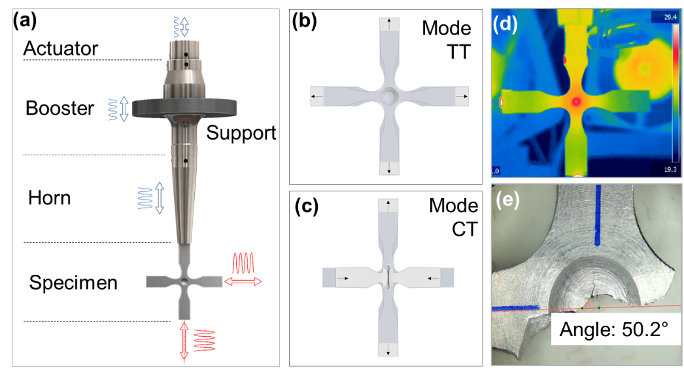

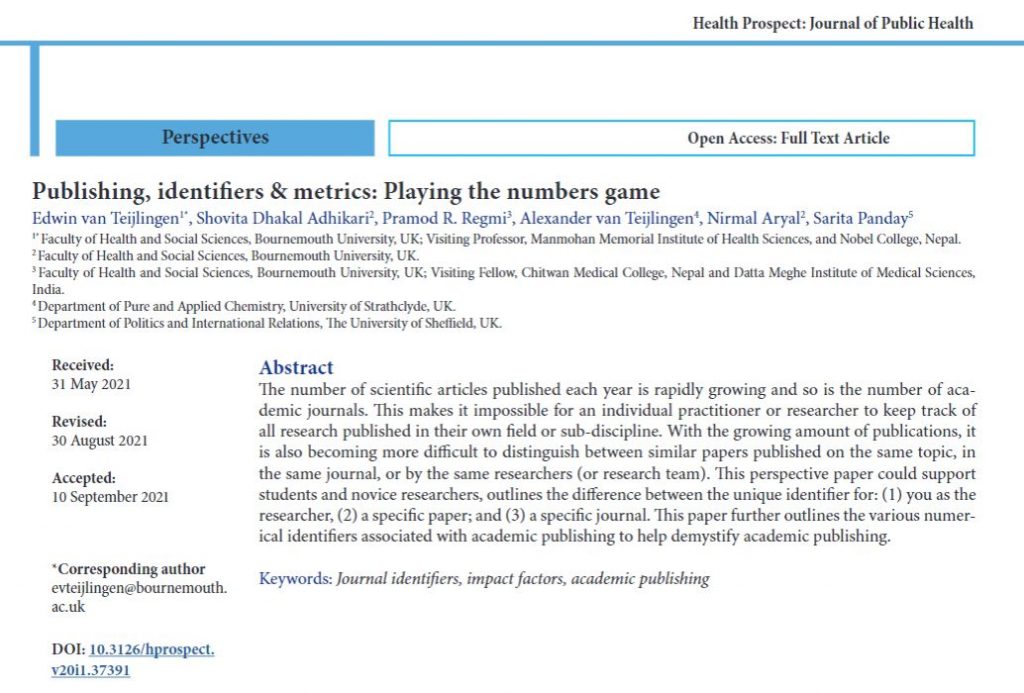





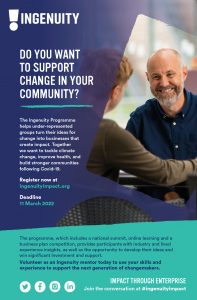 Ingenuity exists to tackle the UK’s major social and environmental challenges through the creation of innovative start-ups. Registration is open to everyone, no matter your background or experience. If you have an idea or are motivated to see change, Ingenuity is ready to help. Find out more at
Ingenuity exists to tackle the UK’s major social and environmental challenges through the creation of innovative start-ups. Registration is open to everyone, no matter your background or experience. If you have an idea or are motivated to see change, Ingenuity is ready to help. Find out more at 

 This scheme is for ‘
This scheme is for ‘

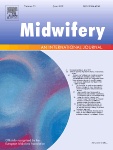
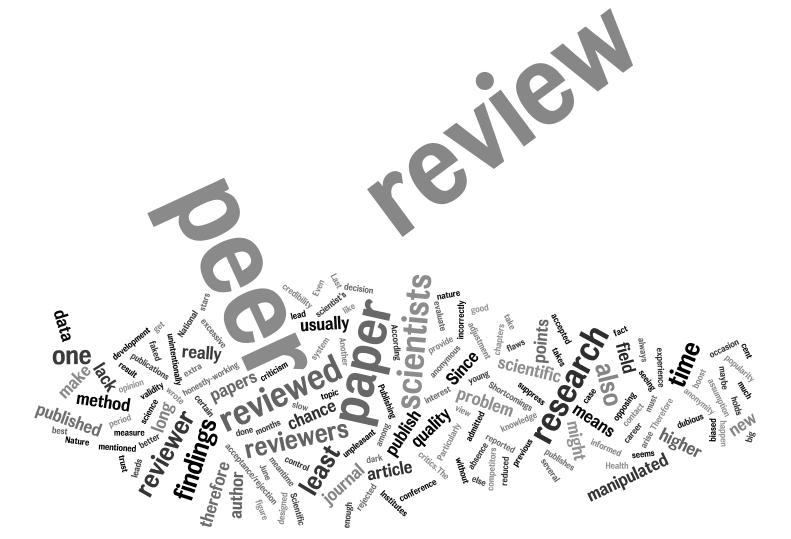 Research Development and Support (RDS) would like to understand more about BU academics’ expertise in reviewing external grant applications and funding panel experience. As part of this we are collecting information about the external funding panels that BU academics are members of.
Research Development and Support (RDS) would like to understand more about BU academics’ expertise in reviewing external grant applications and funding panel experience. As part of this we are collecting information about the external funding panels that BU academics are members of.










 Beyond Academia: Exploring Career Options for Early Career Researchers – Online Workshop
Beyond Academia: Exploring Career Options for Early Career Researchers – Online Workshop UKCGE Recognised Research Supervision Programme: Deadline Approaching
UKCGE Recognised Research Supervision Programme: Deadline Approaching SPROUT: From Sustainable Research to Sustainable Research Lives
SPROUT: From Sustainable Research to Sustainable Research Lives BRIAN upgrade and new look
BRIAN upgrade and new look Seeing the fruits of your labour in Bangladesh
Seeing the fruits of your labour in Bangladesh ECR Funding Open Call: Research Culture & Community Grant – Apply now
ECR Funding Open Call: Research Culture & Community Grant – Apply now ECR Funding Open Call: Research Culture & Community Grant – Application Deadline Friday 12 December
ECR Funding Open Call: Research Culture & Community Grant – Application Deadline Friday 12 December MSCA Postdoctoral Fellowships 2025 Call
MSCA Postdoctoral Fellowships 2025 Call ERC Advanced Grant 2025 Webinar
ERC Advanced Grant 2025 Webinar Update on UKRO services
Update on UKRO services European research project exploring use of ‘virtual twins’ to better manage metabolic associated fatty liver disease
European research project exploring use of ‘virtual twins’ to better manage metabolic associated fatty liver disease